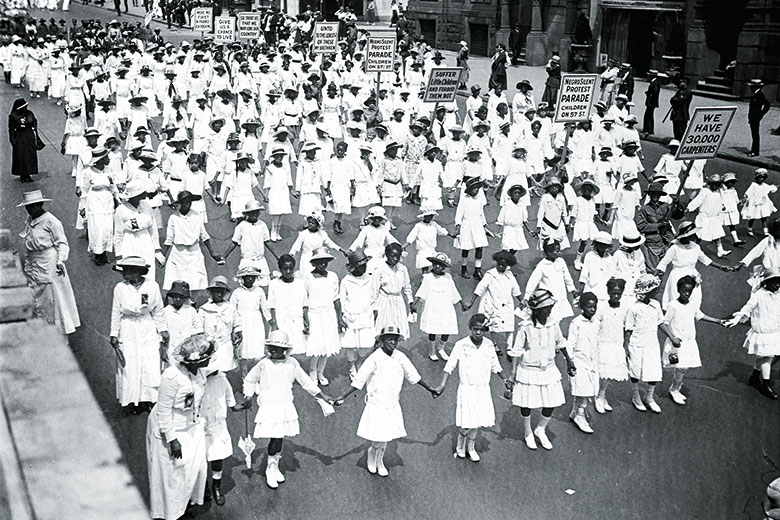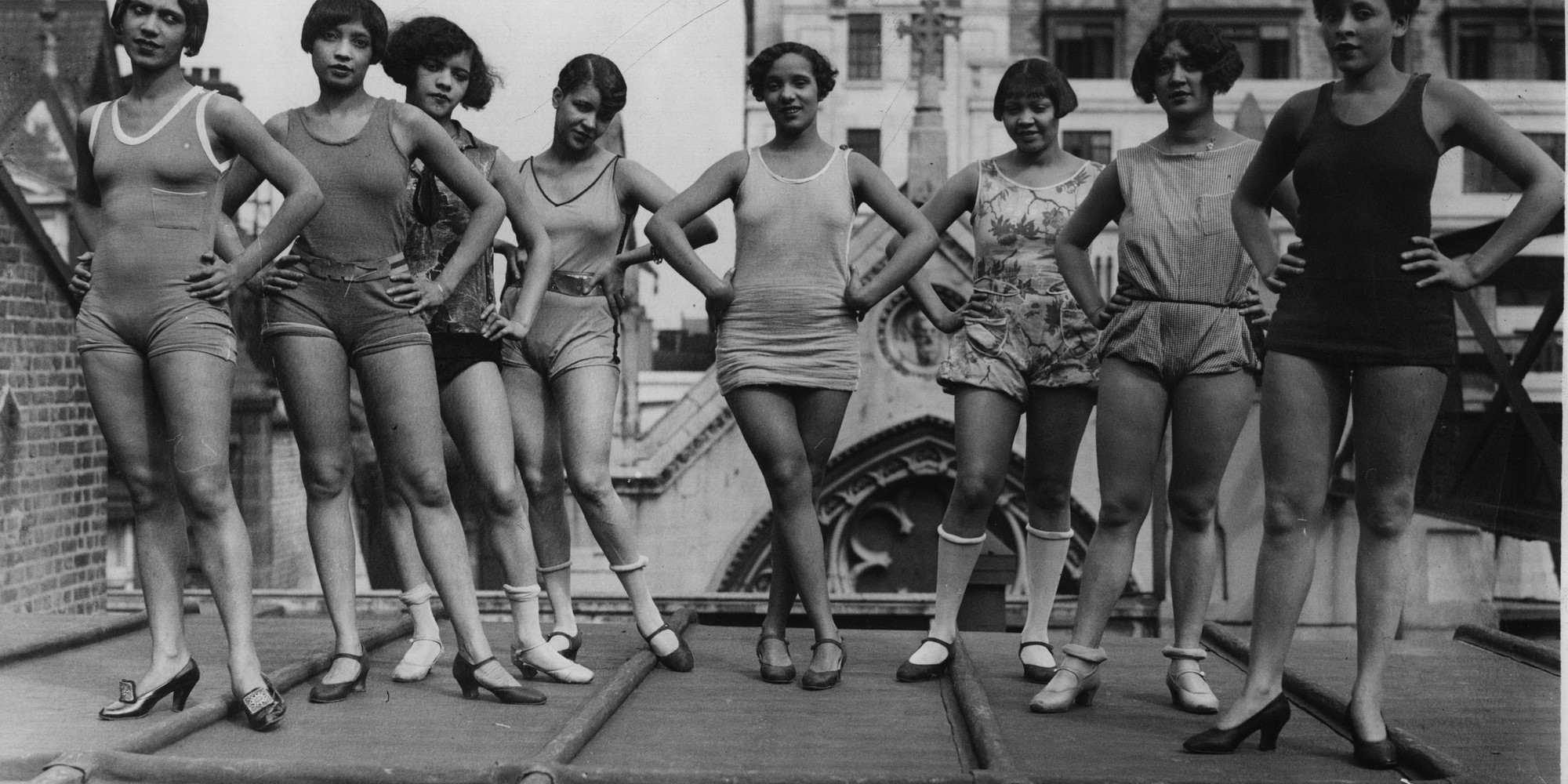

If they couldn’t they went to court, where it was the word of some dirty grafting cop against theirs. Women like Mom who worked as maids, cleaned office buildings, were picked up on the street on their way home from work and charged with prostitution. Beautifully written and deeply researched, Wayward Lives, Beautiful Experiments examines the revolution of black intimate life that unfolded in Philadelphia and New York at the beginning of the twentieth century. Holiday later recalled how labour and policing worked together to enforce the idea that Black women were not free: ‘Those were rotten days. Young Black American women developed numerous ways of navigating, challenging and evading the zealous policing of social reformers, state officials and brutal law enforcement officers in the early decades of the 20th century. In wrestling with the question of what a free life is, many young black women created forms of intimacy and kinship indifferent to. Her gamble worked: the judge sentenced her to four months in the workhouse rather than the three years in a reformatory usually assigned to younger girls. Beautifully written and deeply researched, Wayward Lives, Beautiful Experiments examines the revolution of black intimate life that unfolded in Philadelphia and New York at the beginning of the twentieth century.


Holiday, in fact aged fourteen at the time, already knew that sentences for adults convicted of actual crimes were often less severe that those handed down to wayward minors. When Billie Holiday was arrested in a disorderly house in Harlem in 1929, she gave her name as Eleanor Fagan and claimed to be twenty-one. In Wayward Lives, Beautiful Experiments, Saidiya Hartman writes about young black women in the early 20th century who tossed out the narrow scripts about intimacy they had been given.


 0 kommentar(er)
0 kommentar(er)
